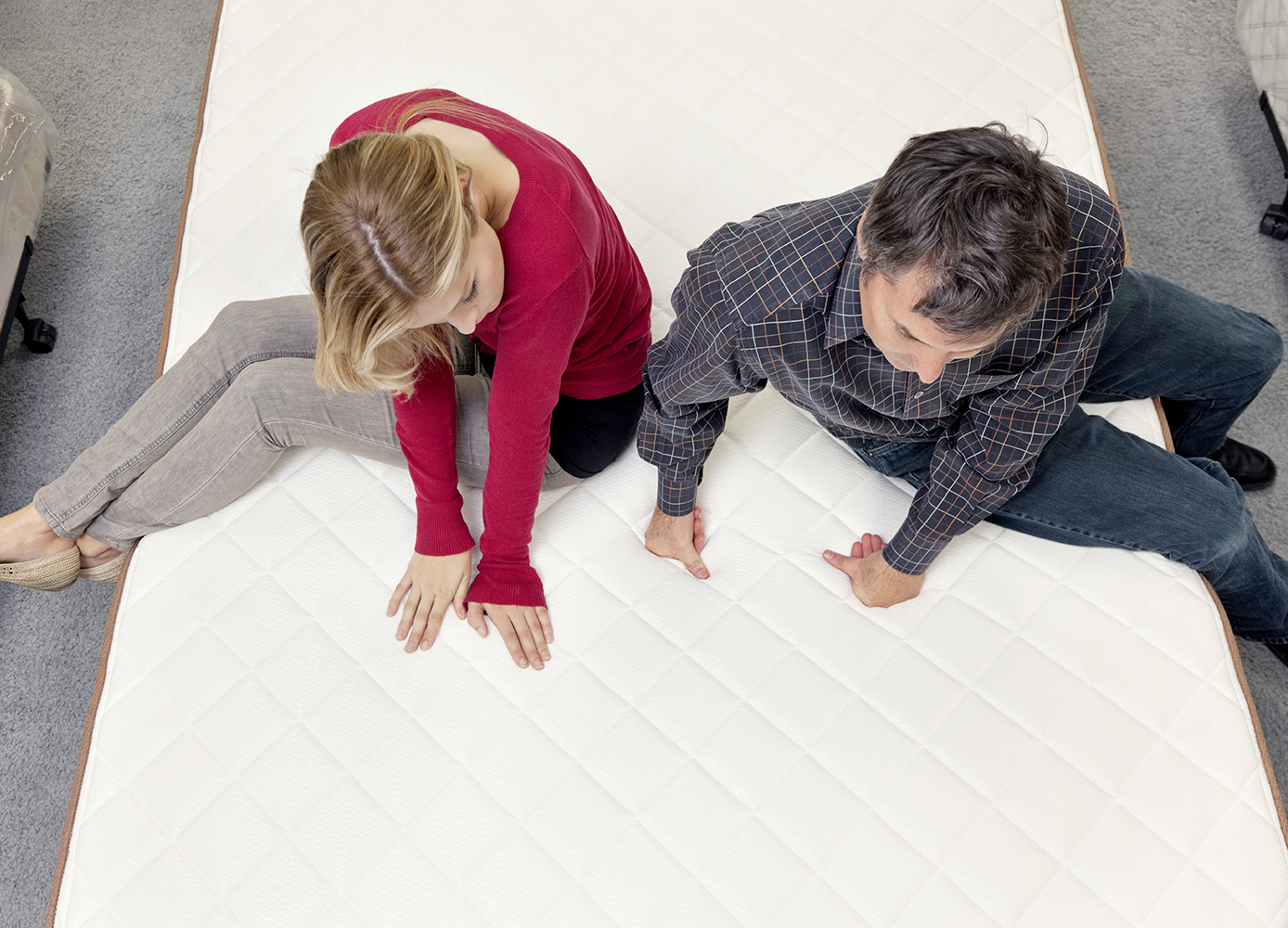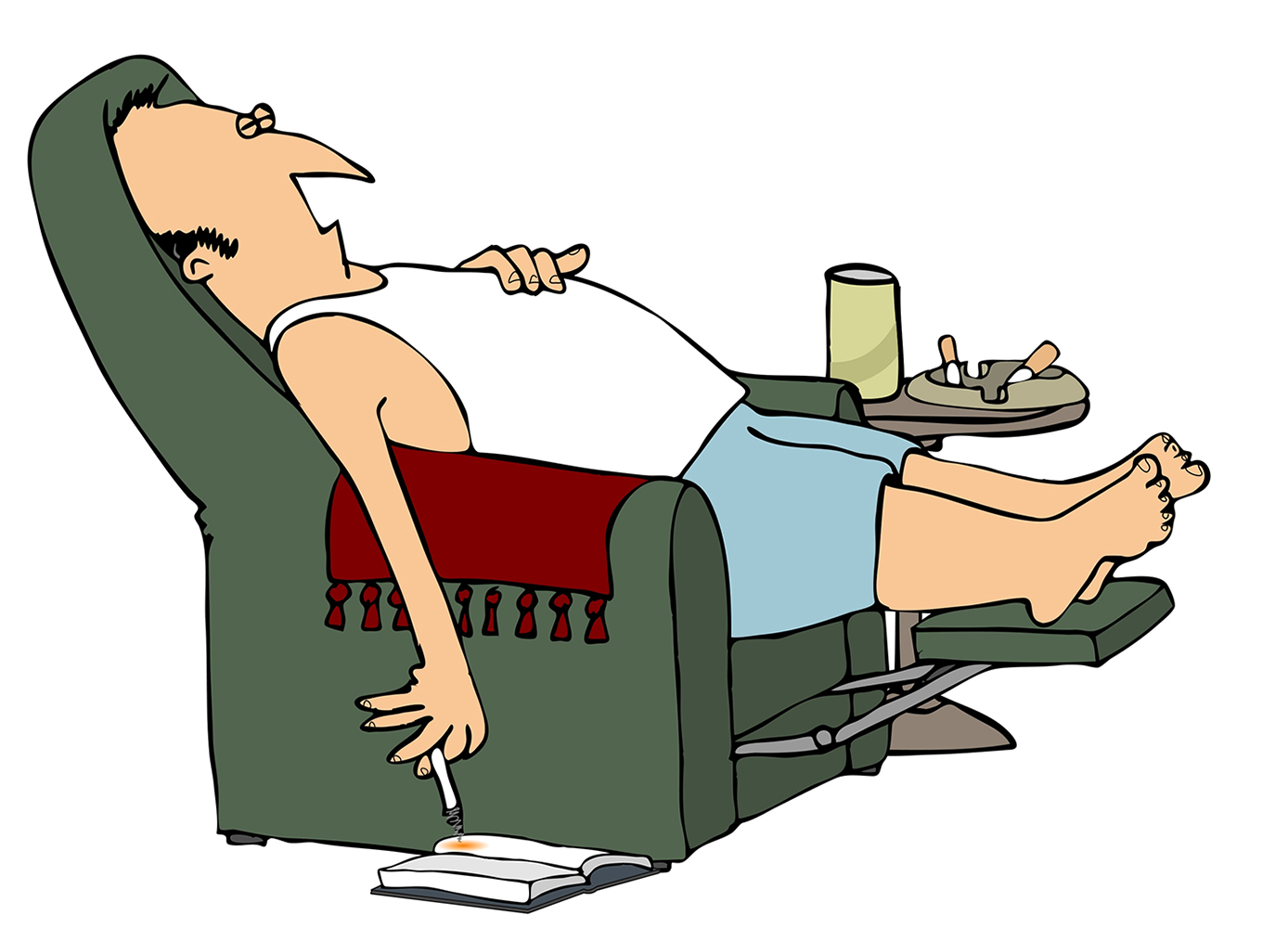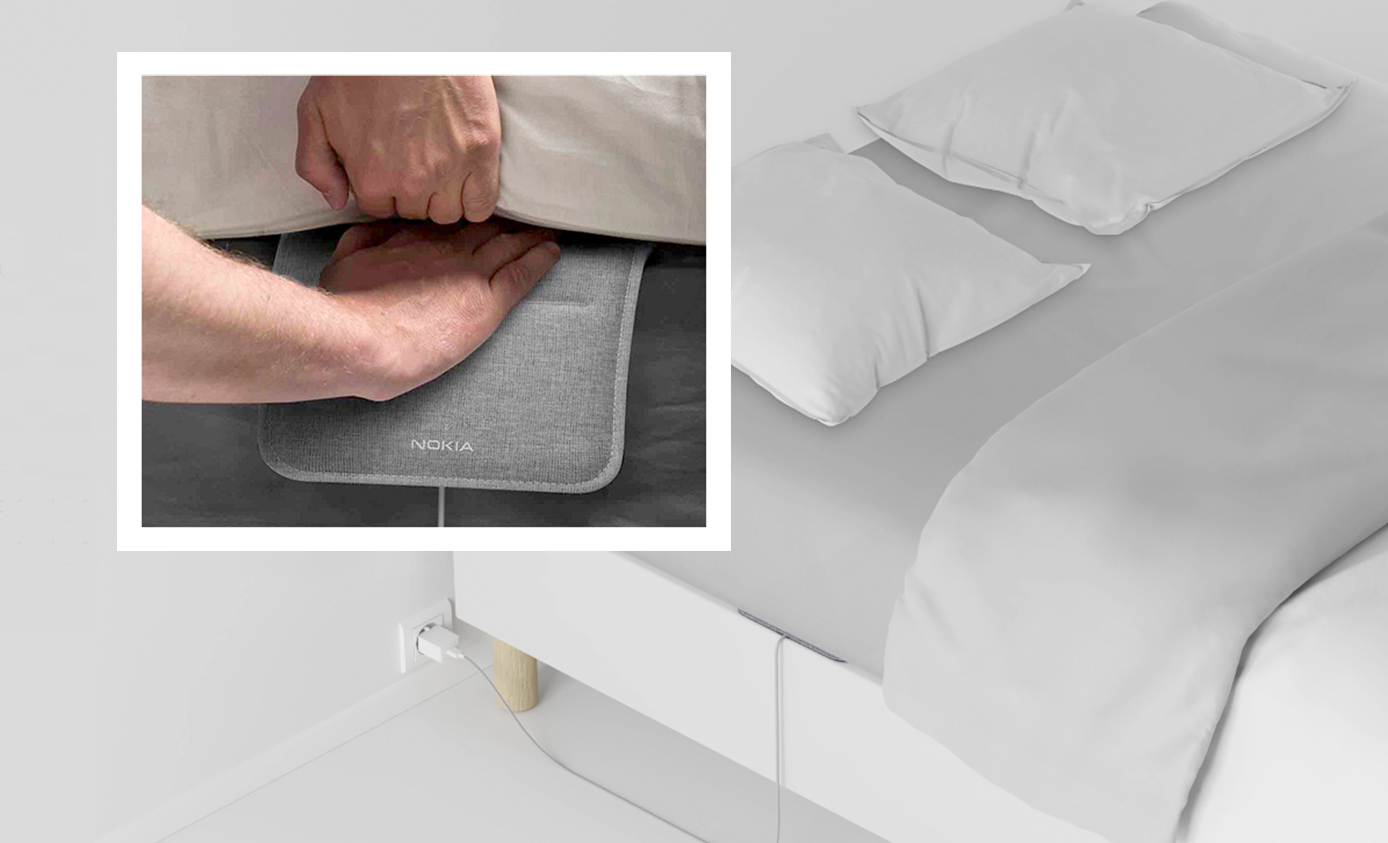If snoring is keeping you—or a loved one—up at night, these tips are worth considering
Snoring can be particularly annoying for whomever you’re sharing a bedroom with. While some may be doomed to snore while others sleep in blissful silence, the experts at Harvard Medical School have some recommendations about lifestyle choices that can contribute to or worsen snoring. Before you simply accept your fate, consider this advice.
Avoid muscle relaxants before bed, including alcohol.
Benzodiazepines such as Xanax, clonazepam (Klonopin), diazepam (Valium), and lorazepam (Ativan) are prescribed for anxiety and sometimes insomnia and can cause snoring by relaxing the muscles in your throat. Drinking alcohol within three hours of bedtime bed can also make snoring worse because alcohol also acts a muscle relaxant.
Take action to reduce your weight.
Of course lean people can also suffer from snoring, but for some people, excess weight may be to blame. Too much weight in the area around your neck and throat can narrow the airway, which leads to snoring.
Quit smoking.
If you need another motivation to stop smoking, keep in mind that smoking can cause snoring by prompting swelling and irritation in the upper airway. “In fact, even secondhand smoke from another member of your household may increase your risk of snoring,” according to the Harvard experts.
Sleep on your side or elevate your head while sleeping.
When you sleep on your back, it causes your tongue to press up against the top of your mouth, and so sleeping on your side can be less disruptive to your air flow. You can use a long oversized pillow and rest it alongside your back to ensure you stay in that position throughout the night.
Elevating your head with an extra pillow can also help the flow of air.
The Harvard experts emphasize that if snoring regularly disturbs your sleep, you should check with your doctor to rule out sleep apnea.
“If you snore and you also wake up gasping for air or frequently feel sleepy or tired during the day, you likely have sleep apnea. Sleep apnea can cause hypertension and more serious medical problems,” they warn.
Photo: iStock/Wavebreakmedia.





